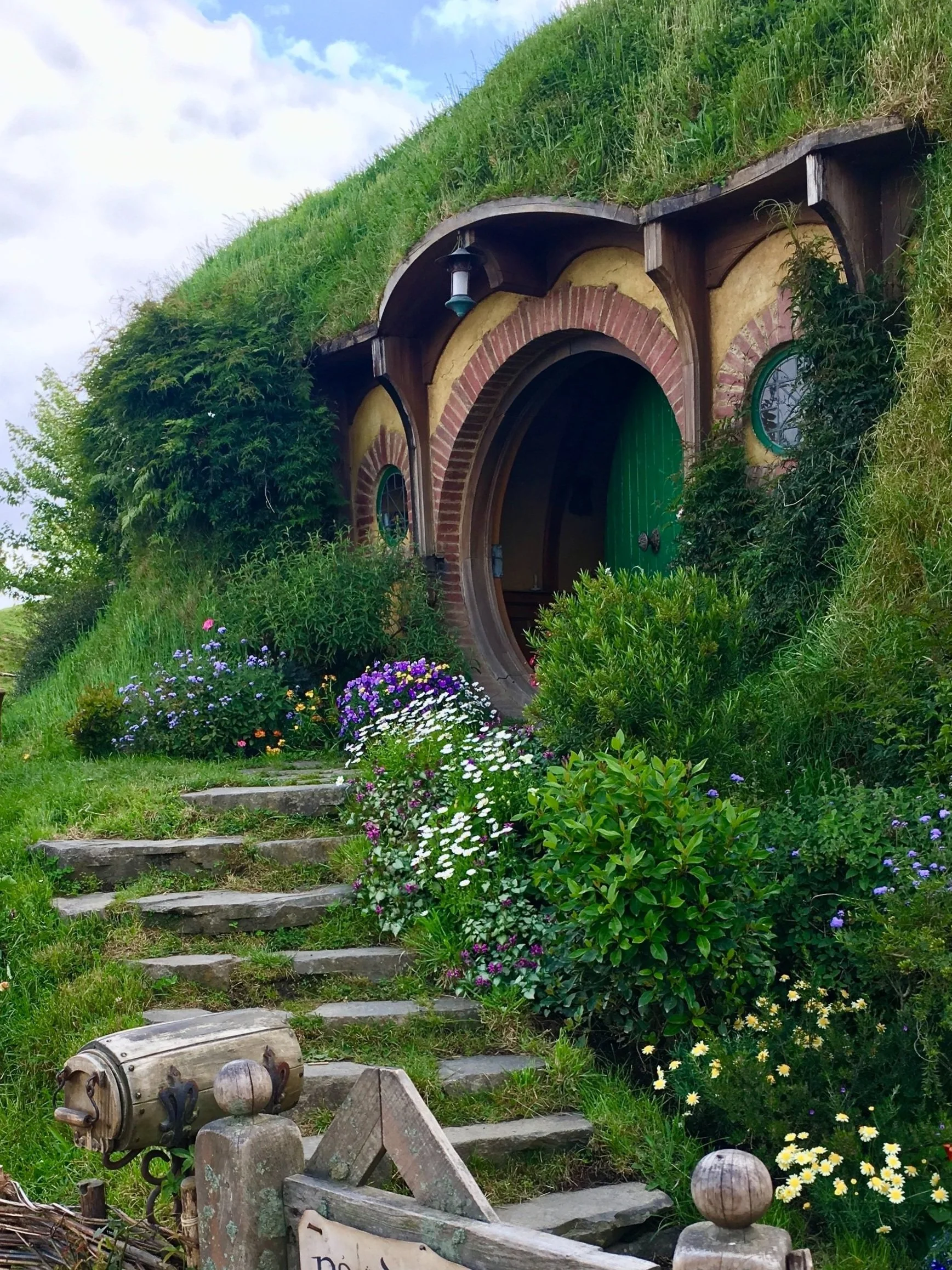Mr. Rogers, Tolkien, and the Imperative of Imagination
“A single dream is more powerful than a thousand realities”
I missed out on the joy of watching Mr. Rogers Neighborhood as a child, but now as a father, I enjoy how our oldest five children delight in it and find myself with a deep appreciation for Fred’s craft.
What perhaps strikes me most is not the wise respect of the fourth wall, for Mr. Rogers is always keen to note he is your television neighbor and in doing so he maintains the crucial distinction between virtual and carnational. A distinction that is so often blurred by contemporary entertainment and modern technologies; Mr. Rogers perhaps is the antithesis of so-called “reality” television.
Nor is it the sense of both place and space that so permeates the show, standing in stark contrast to the “now-dolotary” of today (can you imagine a kids’ show today that includes, regularly, someone singing a song about waiting?) and the often de-located sense of place so prevalent in kids shows today — watch only a few episodes of Mr. Rogers and you’ve got to know a bit of Pittsburgh, of this specificmuseum or that specific library. Whereas after seven seasons of Paw Patrol (not by choice) I still have no clue where Adventure Bay is or why there are no parents in it, but I digress.
No, what strikes me most about Mr. Rogers is the calm, curated conviction that every child is unique, that their imagination matters and that it is a noble (and essential) pursuit to help them cultivate it. Fred Rogers was a master at giving children space and time (both of which are necessary) to use their imaginations, which like a muscle only grows with use.
I’m not sure we do that anymore.
Several years ago, a friend of mine told me about a study that compared the pictures drawn by two groups of children. The groups were very similar, the key difference for the study being that one group watched less than an hour of TV a day and the other group watched far more.
Now as you might guess, there was a difference in the pictures — but what was fascinating (at least to me) was what the difference was. The difference was in the detail. The pictures by those who watched less TV were more detailed, vibrant, and included more color.
Now my point is not just about TV, it’s broader than that, it’s to ask the bigger question:
Does imagination matter?
And by extension can it be deeper, more vivid, and richer under certain conditions than others? Of course, this raises all sorts of supplementary questions around how imagination is effected by using tablets and smartphones (particularly by children), by the decline in deep literacy, and by the re-orientating of our brains by pervasive internet use (See the book, The Shallows by Nicholas Carr).
But all those questions, while incredibly important, depend on the first, does imagination matter?
And this of course is where we get to JRR Tolkien. In his article in The New York Review of Books in 1956, the poet W.H. Auden observed this about the plot of Tolkein’s Lord of the Rings:
Evil, that is, has every advantage but one — it is inferior in imagination. Good can imagine the possibility of becoming evil — hence the refusal of Gandalf and Aragorn to use the Ring — but Evil, defiantly chosen, can no longer imagine anything but itself.
Evil … can no longer imagine anything but itself. I don’t think I had ever considered that one of the characteristics of evil was its atrophied imagination — though its banality, a proximate concept has of course been noted (Eichmann in Jerusalem: A Report on the Banality of Evil, Hannah Arendt).
There would seem to be in Tolkien’s corpus a distinct relationship between imagination and what he eloquently describes as “sub-creation” in his essay On Faerie. A relationship also visible in his beautiful poem Mythopoeia, which includes the lines:
I will not treat your dusty path and flat,
denoting this and that by this and that,
your world immutable wherein no part
the little maker has with maker's art.
I bow not yet before the Iron Crown,
nor cast my own small golden sceptre down.
This I think brings us back to W.H. Auden’s insight, that evil can no longer imagine anything but itself. That it has shrunk, it has withered. Or as Tolkien's friend C.S. Lewis put it, “What we call bad things are good things perverted … this perversion arises when a conscious creature becomes more interested in itself than God”(Preface to Paradise Lost, CS Lewis).
Here then is perhaps why we need imagination, and why we need to use it.. Imagination enlarges (or at least can) our world so it is no longer a world-of-one. It can remind us to exercise our small golden scepter, bestowed on us by the Creator whose image we bear.
Of course, this is not to say imagination is always (or even often) directed to the Good. Yet an abuse does not negate a proper use. Therefore a culture with an impoverished imagination will find it far harder to imagine, to conceive, of anything but itself. It will be stuck with re-runs, reboots and sequels.
Thus a culture whose stories lack imagination, a culture whose myths lack depth is a culture that has placed itself far further away from all beautiful stories, all good myths.
Including the One True Myth.
What God’s Son has told me,
Take for truth I do,
Truth himself speaks truly,
Or there’s nothing true.



